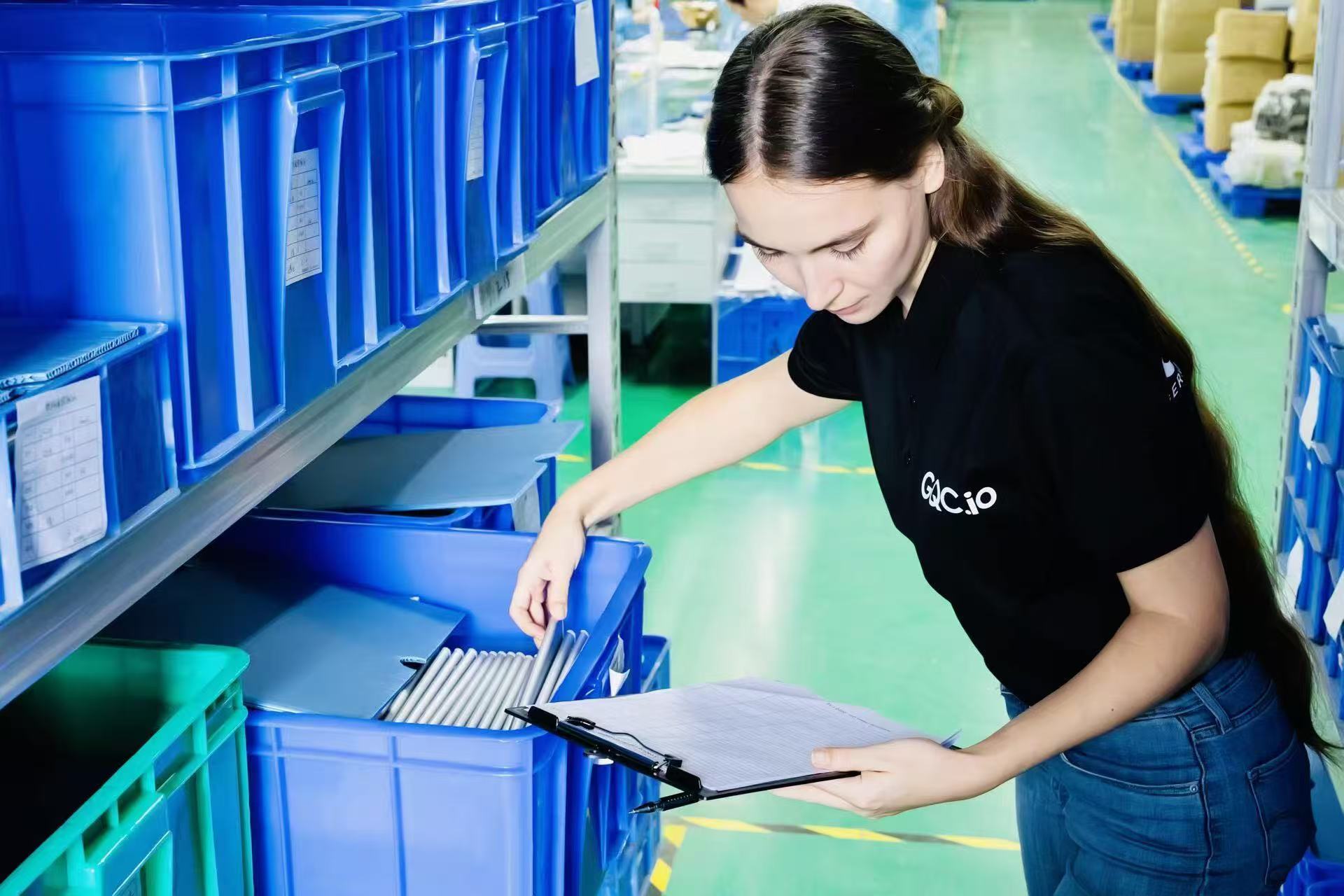For many years the label “made in China” was associated with cheap and bad quality goods. Global consumer protection services regularly report millions of complaints about the unsatisfactory quality of goods from China. Is it actually true or do most of it comes from mass media propaganda? If you can look through all the rumors and analyze the Chinese market, you will understand that a solid percentage of Chinese enterprises can produce high-quality goods and make efforts to fully meet the requirements of the consumer.
So why exactly your batch didn’t meet your standards and expectation? Let’s check the most common mistakes that buyers can make in China.
Unreliable Suppliers. One of the biggest risks while sourcing from China is working with unreliable suppliers. There are several ‘red flags’ to look for and different things which can go wrong if you are doing business with an unprofessional manufacturer. A factory audit is the only way to check the supplier’s quality management systems, the number of staff, business license, and customs registrations certificate. German Quality control provides a full spectrum of factory audit services. Our professional auditor's conduct on-site and remote factory audits to help our clients to choose the best manufacturer for their product.
You get what you pay for. Lower price will come at the expense of lower quality. Demanding lower prices typically forces the supplier to use lower quality parts and materials in your product in order to maintain profit margin. Quality is directly proportional to manufacturing cost. In China, you can select from a wide range of various quality standards. It depends on how much you are willing to spend on quality and better materials. Producing better quality products also correlates to a higher price in manufacturing costs.
Believing that the manufacturer understands your requirements. If you are importing from China, you have to understand how the Chinese manufacturers operate. They manufacture their products based on the buyer’s specifications. If you don’t communicate detailed requirements, and if you don’t ensure that the inspector has a reference sample in hand, you are asking for trouble. Right from the time you order a sample, set your expectations verbally and in your manufacturing agreement, covering product and packaging requirements, on-site procedures, and tests. The main goal of our company is not just quality control, but to establish trust and better communication between both sides of the business partnership.
Not performing the pre-shipment inspection. Third-party inspection companies like us, randomly sample products of your order according to ISO 2859-1 standard. We at GQC.io additionally create customized checklists according to your product specifications to ensure all relevant functions, visual aspects and safety regulations match your expectations. The most effective way to ensure your supplier will cooperate with inspection is to inform them that you require it before you place an order. You can mention your expectation for third-party inspection directly in your purchase order. Pre-shipment inspection will help you to understand the types of defects and how much percent of products have defects. During the inspection our well-trained inspectors will verify the quality of the products, whether they meet the requirements, and double-check the shipping marks, packing, and labeling. GQC provides all types of quality control and factory inspections. We are here to ensure your products quality and save you time and money. Learn more about our premium inspection services and what makes GQC different and book a call here.





